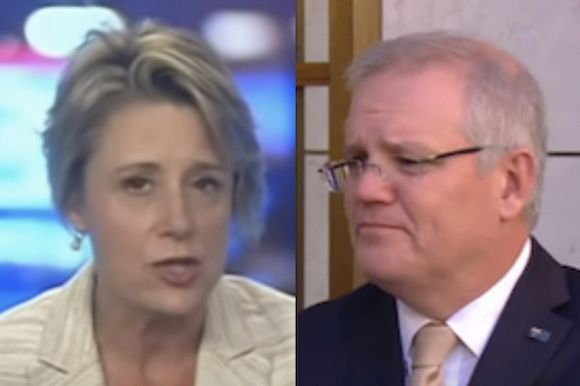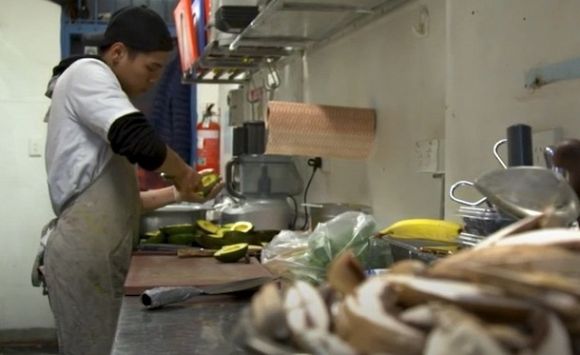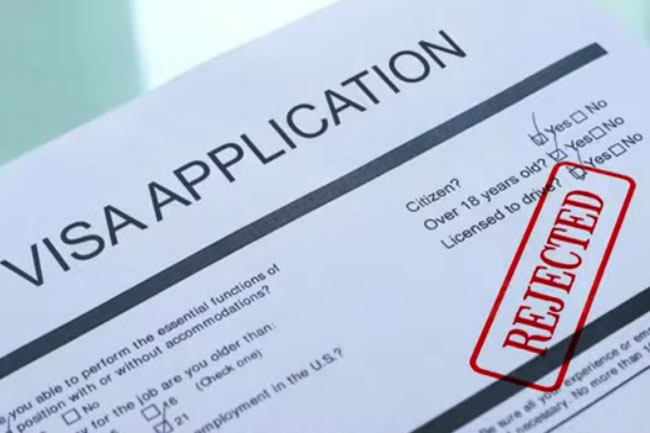State and territory governments have prioritised skilled and business migration places, Abul Rizvi reports.
WHILE THE full-year allocation of places for state and territory government nomination will not be made until the Commonwealth Government announces the 2020-21 Migration Program in October, last week it gave small interim allocations to state and territory governments.
The size of the allocations appears confidential to each state and territory government.
South Australia was one of the first states out of the blocks in announcing its priorities for nominating skilled and business migrants for these interim places.
To be nominated for one of the state-sponsored skilled migration visas (the direct permanent residence Sub-Class 190 and the Provisional Sub-Class 491), the South Australian Government requires that the applicant must be 'currently working in South Australia for at least the last three months in their nominated or closely related occupation.'
South Australia also lists some "preferred" characteristics it will take into account:
- Proficient English not just functional English;
- Score at least 90 points including state nomination points;
- Currently working in South Australia for at least 12 months in the nominated or closely related occupation;
- Currently living and working in outer regional South Australia; and
For business migration purposes, the South Australian Government says it has an allocation for both the provisional Sub-Class 188 (business innovation) as well as the direct permanent residence Sub-Class 132 (significant business history) visas.
South Australia says it is looking for:
'High quality business owners and entrepreneurs [who] have [or will] created genuine and sustainable business opportunities in South Australia that benefits the State’s economy, local businesses and the workforce.'
Despite the COVID-19 restrictions, South Australia has maintained the requirement that the potential applicant must have undertaken an exploratory visit to South Australia. This will significantly restrict who can apply at this time and may need to be revisited.
The State Government also expects the applicants will:
- Attract significant investment into South Australia;
- Increase employment in South Australia through direct job creation; and
- Drive innovation to make South Australia more productive and competitive.
Tasmania says the Department of Home Affairs has directed that all nominations must be justifiable in relation to their likely contribution to Australia’s economic recovery and follow three priorities:
- High quality subclass 188 and 132 (Business Innovation and Investment Program) nomination applications – no details on this from the Tasmanian Government are currently available;
- Applicants who re critical to supporting Tasmania’s response to the COVID-19 pandemic, including individuals providing specialist medical services, critical skills required to maintain the supply of essential goods and services, or delivering services in sectors critical to Australia’s economic recovery; and
- Applicants currently in Australia who can demonstrate their capacity to meaningfully contribute to economic recovery.
Applicants filling critical roles or critical skills in Tasmania include those:
- Directly assisting in Tasmania’s COVID-19 response directly engaged by Tasmanian Government; and
- Providing critical or specialist medical services or delivering medical supplies potentially associated with COVID-19 response. This includes all general nursing and medical positions with the Tasmanian Health Service
The Tasmanian Government requires that:
'Every nomination must be justified in terms of an applicant’s potential to contribute to economic recovery in Tasmania. The onus is on the applicant to demonstrate how they meet this requirement.'
Supporting claims may include:
- Employment in highly-skilled, hard to fill roles;
- High value skills or experience not readily found in the local community;
- Long-term high-value financial contribution to the local economy leading to additional employment outcomes for locals;
- Involvement in Tasmanian business or enterprise that is significantly reliant on the applicant’s ongoing presence in Tasmania; and
- A clear, plausible potential to live in Tasmania and contribute to the development of skills which are needed in Tasmania.
The Tasmanian Government is very explicit that the above does not include lower-level position such as retail workers, harvest labour, delivery drivers or warehouse staff.
NSW says it will only nominate potential business and investor applicants by invitation. It makes specific reference only to the Sub-Class 188 provisional business migrant visa.
In terms of skilled migration, the NSW Government says that:
'In line with Home Affairs’ direction, we will only invite applicants in selected health, ICT and engineering occupations, and who currently reside in NSW.'
Victoria has noted that it has an interim allocation and that it is:
'Preparing to re-open with new policies and nomination criteria to support Victoria’s economic recovery and the public health response.'
The ACT Government says its next invitation round will be held on or before 14 September. It held earlier rounds on 31 August with 157 invitations in critical occupations and on 20 August with 171 invitations. How these invitations dovetail with the interim places made available by the Department of Home Affairs is not clear.
These invitations are likely to have been preparatory to the places that have now been made available. It is unlikely the ACT has been allocated sufficient places to accommodate all of the above invitations at this time. The business migration program to the ACT is currently suspended.
Western Australia, the Northern Territory and Queensland nomination programs remain suspended at this time.
Given the focus of most state and territory governments on people already working in Australia on temporary visas, it is likely the interim allocations provided last week will have minimal impact on net overseas migration and thus population growth.
Abul Rizvi is an Independent Australia columnist and a former Deputy Secretary of the Department of Immigration, currently undertaking a PhD on Australia’s immigration policies. You can follow Abul on Twitter @RizviAbul.
Related Articles
- Skilled temporary visa holders: A barometer for the Australian economy
- Australia's migration and humanitarian programs at record lows
- Net migration levels increase under Coalition Government
- Discrimination within Australia's migration policy
 This work is licensed under a Creative Commons Attribution-NonCommercial-NoDerivs 3.0 Australia License
This work is licensed under a Creative Commons Attribution-NonCommercial-NoDerivs 3.0 Australia License
Support independent journalism Subscribe to IA.















